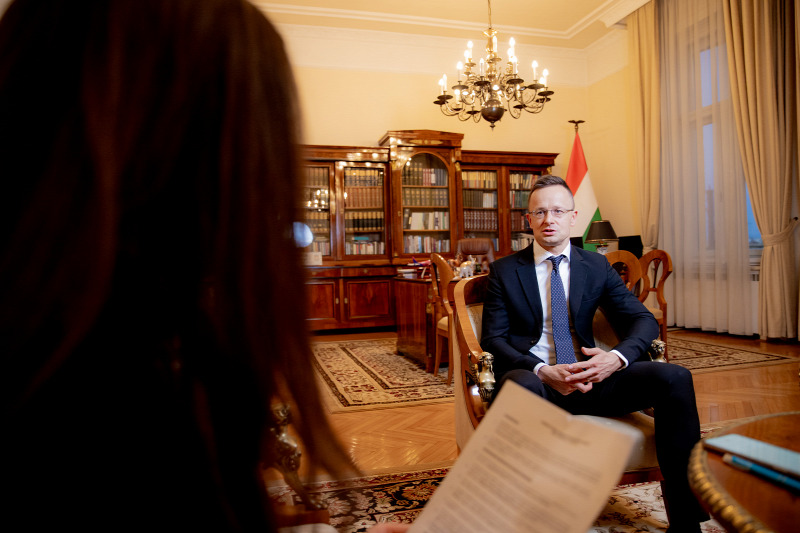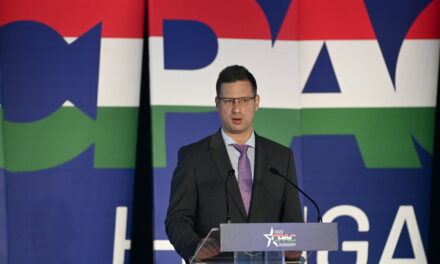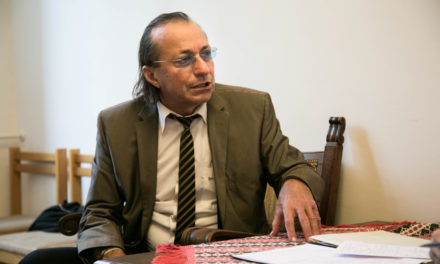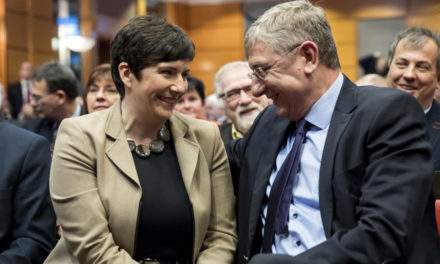Minister of Foreign Affairs and Trade Péter Szijjártó gave a longer interview to Origo, in which he explained that the future of Hungary will basically be decided on April 3. Now the camp of those representing the world after 2010 and before 2010 are facing each other. The people of the Gyurcsány and Bajnai era want to return, those who bankrupted this country by 2010.
"Based on the experience of the past years, I can say that, without any doubt, an international, liberal mainstream network dominates the public opinion of the world, as well as a large part of its political elite." said the foreign minister. "This liberal international elite thinks and advertises itself that they are the only, modern, progressive, successful way forward, and everything that is outside of their world of thought can only be unsuccessful, regressing to the past and linked to some kind of extremism." In the world before 2010 and even today, their views are represented by the domestic left-wing coalition.
Now, in comparison, with the performance of the past 12 years, we are the living refutations of all liberal mainstream claims, because we pursue a conservative, right-wing, bourgeois, Christian-democratic, national-based, patriotic policy, and we do it all successfully.
we are refuting the liberal mainstream basic statement That's why they're circulating completely chilling fake news about us, and that's why there's this huge headwind."
Regarding migration, Péter Szijjártó put it this way: "the mandatory resettlement quota is still on the agenda in Brussels, they are just trying to rename it with all kinds of grammatical and stylistic feats, but we are Hungarians and not stupid."
"If we hadn't received a two-thirds authorization in 2010, and we hadn't pulled the country out of the crisis with a good push, we would be in a very, very bad situation today.
A left-wing coalition that provides a home for both communists and fascists would bring Hungary into bankruptcy again, and we must prevent this in April.
We also consider Hungarians living across the border to be part of the nation. Wherever a Hungarian lives in the world, it is part of the Hungarian nation. Before 2010, they thought differently about this, but we are a nation where the borders of the country and the nation do not coincide.
The national communities across the border are just as much a part of the Hungarian nation as the Hungarians living in the motherland.
The basis of our national policy is not to tell people from Budapest what is good for those across the border, but to ask them what they need locally?
After 2010, when we asked them what they most requested the Hungarian government's help with, the answer we got was to strengthen the communities economically. At that time, the cross-border economic development program was launched, within the framework of which many hundreds of billions of HUF were invested in the areas where Hungarians live, with government support of tens of billions of HUF.
To the question about influencing the elections, Péter Szijjártó said:
"Foreign interventions are on a daily basis.
For example, no one should say that it is a coincidence when the judgment of the Court of Justice of the European Union is broadcast live in a unique way, which is pathetically read out in Hungarian by a non-Hungarian judge who clearly does not speak Hungarian, all this a few weeks before the Hungarian parliamentary elections.
As for further interventions: it is clear that all kinds of experiments are taking place in the public and less public world. In any case, I made it clear to the embassies operating in Budapest that there are internationally accepted rules for election observation, such as observers delegated by the OSCE.
However, the foreign ambassadors serving with us have no business at all to have a say in the Hungarian election campaign or the evaluation of the Hungarian elections, or to organize observation missions."
Péter Szijjártó stated that there will obviously be many more attempts to intervene, as they are constantly trying to help the left-wing coalition from abroad.
"However, we are also on the field, we are watching, and we are trying to detect these attempts in time and repel them as efficiently as possible."
Source, full article: Origo
Featured image: Origo/Sándor Csudai













